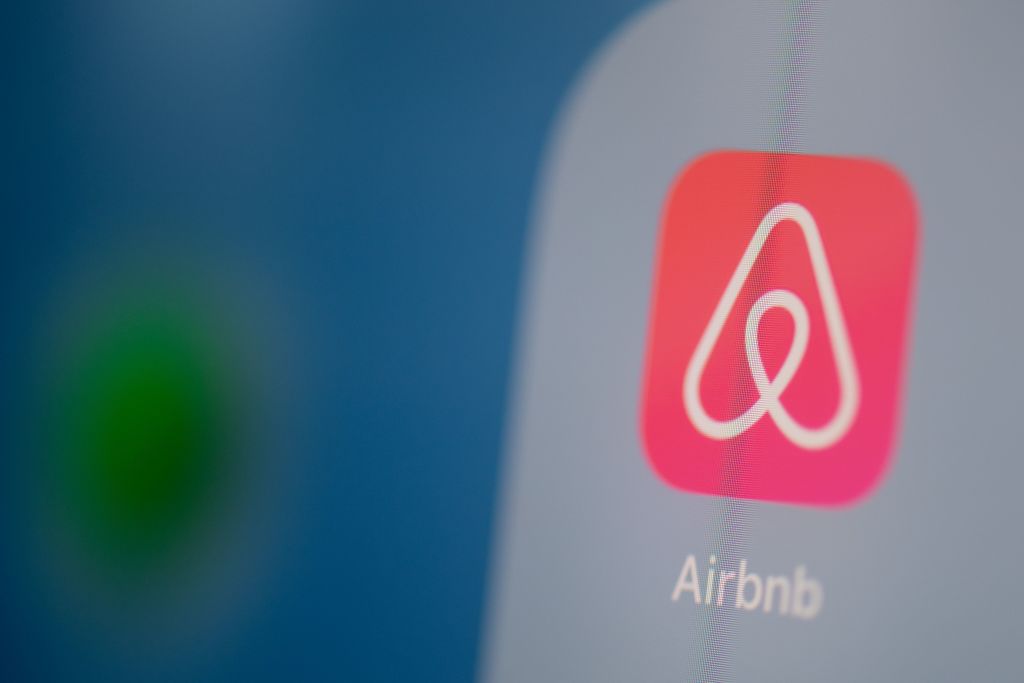
Businesses have done a good job as emergency policy makers – but they must not get complacent
by Alberto Lopez ValenzuelaGovernment policy and regulation must at times play catch-up with reality.
In recent times, this has been especially prevalent with the social and digital media giants, who have enjoyed free rein while policy makers struggle to work out how to deal with the potential harms they bring.
Read more: Party poopers: Airbnb to limit UK bookings for under-25s
But if we thought that the rise and activities of Amazon, Facebook, Google et al was faster than a speeding legislator, then the lightning quick manner in which coronavirus has changed the world has left policymakers utterly stranded.
Governments across the globe have failed to settle upon clear guidelines and measures to deal with the pandemic – a sluggishness compounded by failures to communicate effectively.
As society moves towards a partial reopening, and away from the clear-cut lockdown measures to subtler, changeable guidelines which require more user discretion, the picture is even more muddled. And, as such, they are even more dangerous to public health and the economy.
Against this backdrop, some big businesses are filling policy gaps out of pure necessity and, perhaps, a desire to create clarity.
Airbnb decided to ban parties at properties rented through the site, with a maximum occupancy of 16 people. In many parts of the world, this measure is likely to reiterate existing laws and restrictions imposed at a government level, but Airbnb has recognised that many users will feel comfortable flouting broad brush laws imposed in a distant parliament building, and need a more immediate reminder.
Meanwhile, Airbnb’s Silicon Valley neighbours Google and Facebook have recently been joined by enterprise tech firm Salesforce in announcing that staff will not be forced to return en masse to their offices until summer 2021 at the earliest.
Such decisions may prove frustrating to governments who are trying to encourage economic recovery through a resumption of commuting, shop-bought lunches and after-work drinks. But these swiftly-made business policies have provided staff with clarity at a time when confusion reigns across much of the world.
These tech giants are fully aware that reassured staff means better productivity and business success.
There are plenty of other examples of businesses going above and beyond legal requirements in their Covid-19 policies. Given that many large tech companies are usually given to skirting around legislature instead of reinforcing it, this must feel like a strange situation for some. Such businesses are likely to find that behaving in a more responsible way as emergency policymakers will win them support and burnish their reputation over the long-term – that is certainly evidenced by Alva’s insights into business reputation.
But there is another side to this: companies whose policies arguably represent a watering down of the rule of law, but nonetheless provide a form of clarity.
Two major UK retailers made clear as early as July that they would not enforce face masks in their shops. These rules from supermarkets in part act to protect their staff – workers at Co-op and others have faced abuse over masks and distancing rules – but they also provide customers with a degree of clarity.
Just like businesses, the public finds uncertainty unsettling. When businesses provide clarity, through their words and actions, they play an active role as responsible members of society.
Read more: Google to extend working from home until mid-2021
But business should also be mindful of the flip side to its new-found policymaking privileges.
As the saying goes, with power comes responsibility. By stepping in to offer solutions and guidelines, companies risk taking a share of the blame if subsequent waves of pandemic hit.
Alberto Lopez Valenzuela is founder and CEO of Alva, the reputation intelligence company, and author of The Connecting Leader.